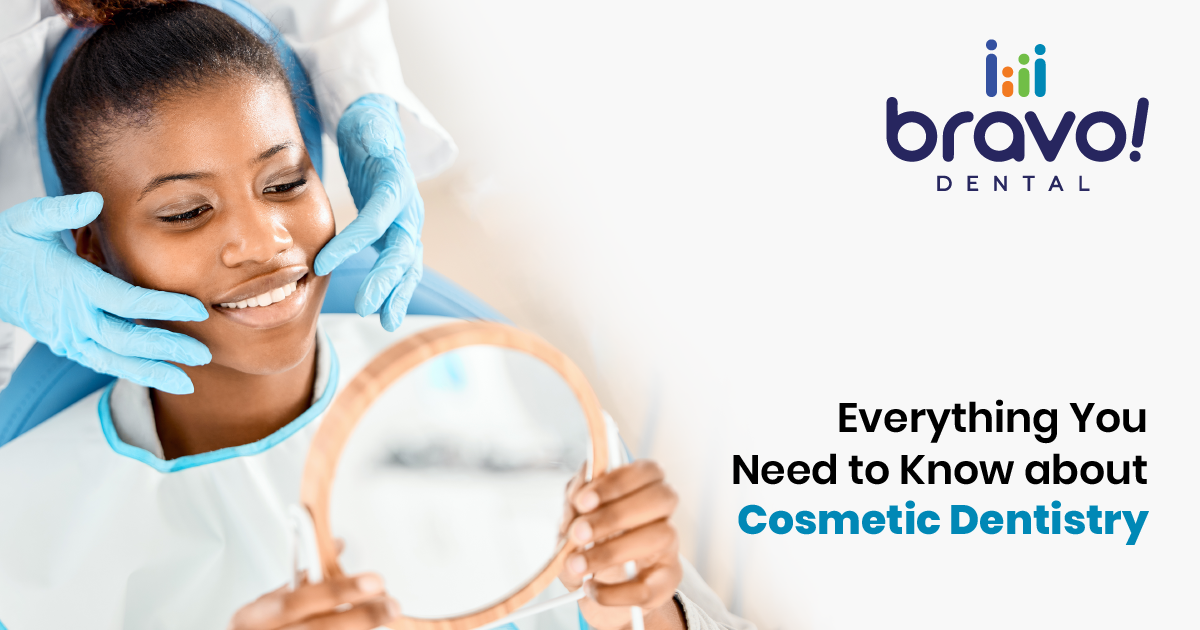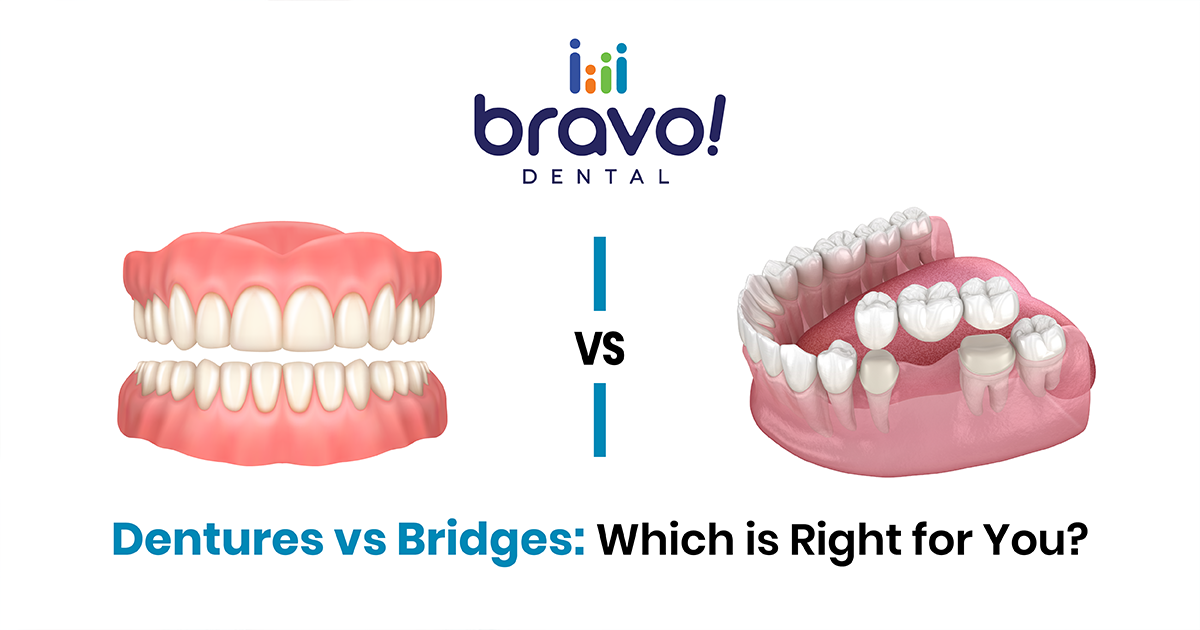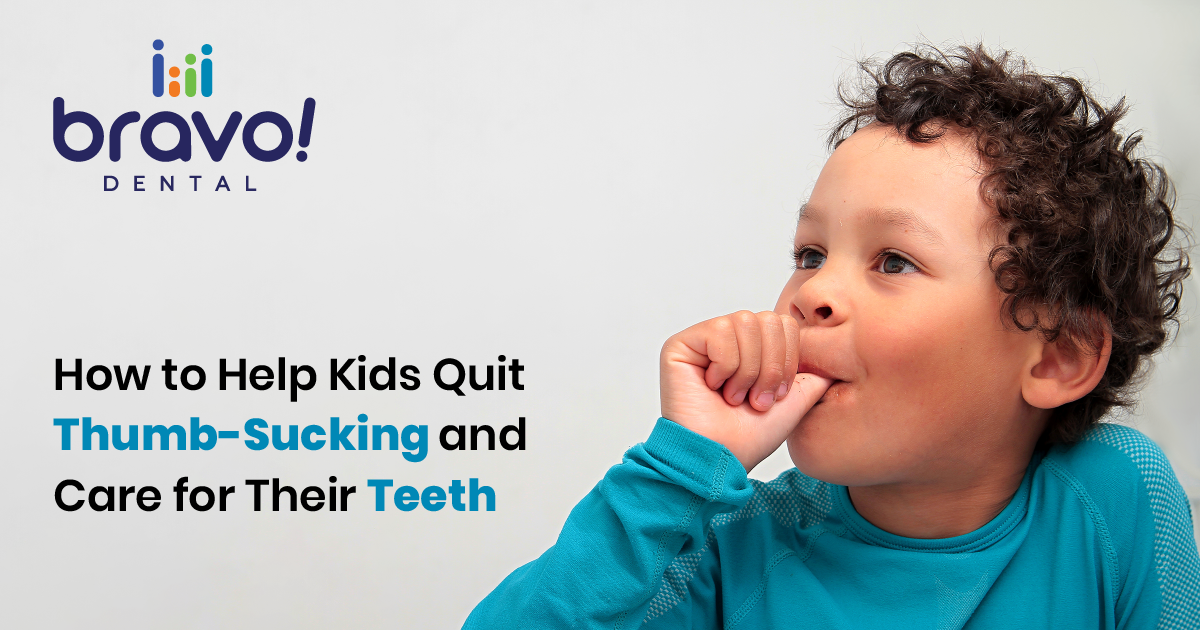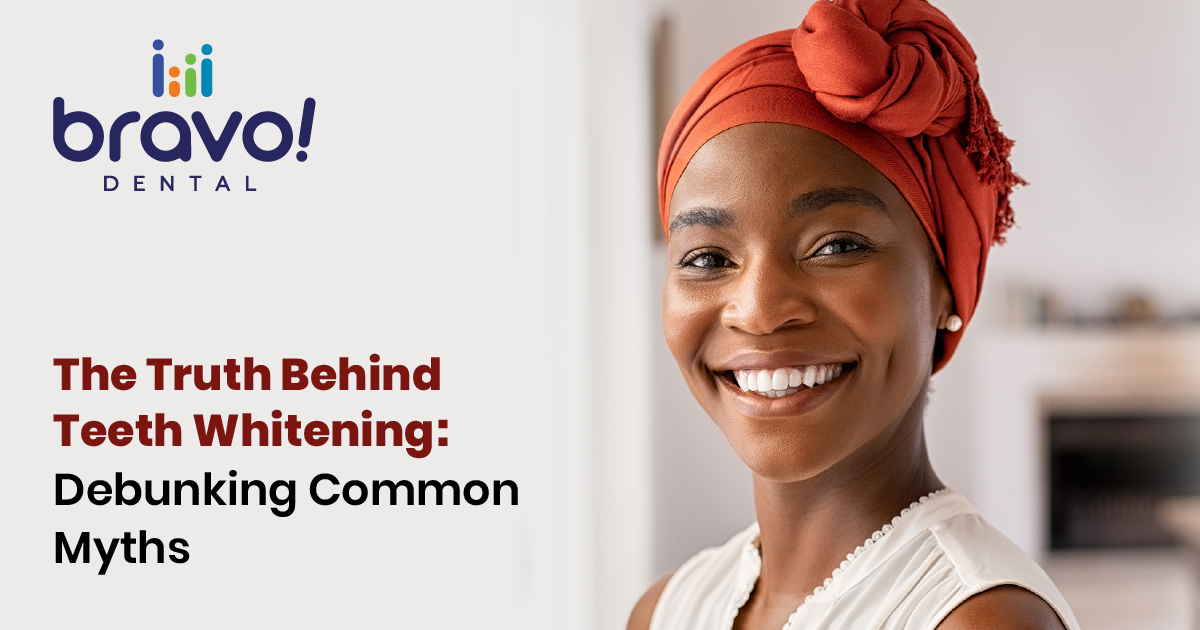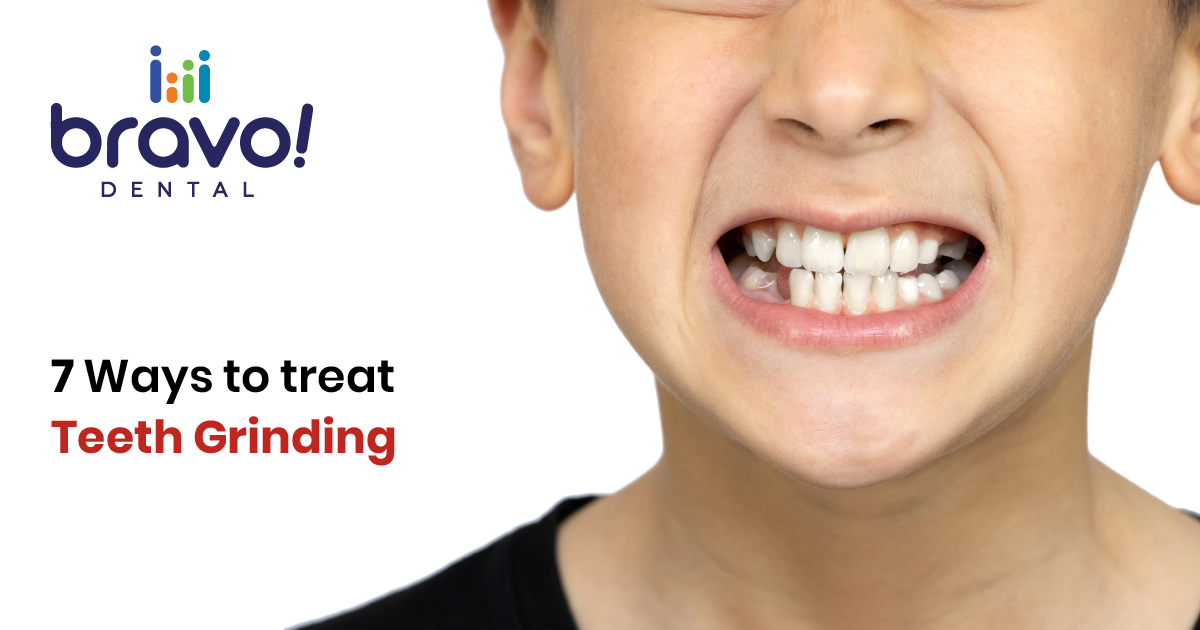
Most people probably grind and clench their teeth on occasion. Occasional teeth grinding, medically known as bruxism, is usually harmless; however, teeth can be destroyed when teeth grinding occurs regularly, and other oral health concerns might ensue.
What causes teeth grinding (Bruxism)?
The exact causes of teeth grinding remain uncertain, but it is believed to be influenced by a blend of physical, psychological, and genetic factors.
Awake Bruxism: It can be caused by anxiety, stress, rage, annoyance, or tension. It could also be a coping tactic or a habit during periods of intense concentration.
Sleep bruxism: It is a chewing activity that occurs during sleep. A sleep problem, such as sleep apnea, can also cause it.
What are its risks?
Bruxism usually results in minor consequences. However, severe bruxism might result in:
- Teeth, crown, or jaw damage.
- Headaches are characterized by tension.
- Severe pain in the face or jaw.
- Temporomandibular Joints (TMJs) disorder, making a clicking sound when you open and close your mouth.
What are its treatments?
Treatment isn’t always necessary. Many children outgrow bruxism without treatment, and many adults do not grind or clench their teeth in a way that necessitates therapy. However, if the problem is serious, various dental techniques, therapies, and medications may be used to prevent further tooth damage and relieve jaw pain or discomfort.
Consult your dentist or doctor to determine which choice is best for you.
1. Alter lifestyle choices
Certain chemicals, such as nicotine, alcohol, caffeine, and anxiety and depression medications, can cause bruxism. You may be able to stop grinding your teeth if you reduce or limit your use of these substances.
2. Anxiety & stress management
Almost 70% of bruxism cases are the result of stress and anxiety. Relaxation strategies such as meditation, talking to a therapist, and an exercise routine can help reduce negative feelings that lead you to grind your teeth.
3. Jaw exercises
Jaw activities such as stretching, massaging the jaw muscles, and applying hot packs to the jaw will assist in relaxing the jaw muscles and reduce nighttime clenching.
4. Splints & mouth guards
A dentist-prescribed mouth guard or splint creates a physical barrier between your upper and lower teeth, preventing further tooth damage. However, it is crucial to remember that while this treatment decreases tooth wear, it may not alleviate bruxism.
5. Muscle relaxants
Muscle relaxants might help relax your jaw and reduce teeth grinding if used before bed.
6. Botox injections
Botox® injections into the jaw muscles help weaken them and prevent involuntary teeth grinding and jaw clenching. Because it is more effective than other techniques, such as mouth guards, this method is utilized in more severe cases of bruxism.
7. Treat any underlying issues
Bruxism can be caused by underlying medical disorders such as sleep apnea or gastroesophageal reflux disease (GERD). Teeth grinding may be reduced by diagnosing and treating related conditions.
Sleep bruxism might be more problematic because you are unaware that you are doing it. Teeth grinding, if left untreated, can cause difficulties with your teeth, jaw muscles, and jaw joints. Consult us at Bravo! Dental if you are having the symptoms mentioned above. We can help you with the best treatment.
happy to hear from you, contact us
Fill out the contact form below and Feel free to send any question or query.
